Cotton and the desert: pictures of a British photographer fascinated by Uzbekistan
Categories: Asia | Photo project
By Pictolic https://pictolic.com/article/cotton-and-the-desert-pictures-of-a-british-photographer-fascinated-by-uzbekistan.htmlLondon-based photographer Marco Barbieri has always been interested in countries where politics and religion play a key role in people's lives. He decided to go to Uzbekistan when he saw photos of the disappearing Aral Sea. But his project went far beyond what he had planned at first. The series of photographs "Water in the Desert" puts water in a systemic relationship and tells how the dictatorship is able to turn logic inside out and turn the absurd into an acceptable part of everyday life.
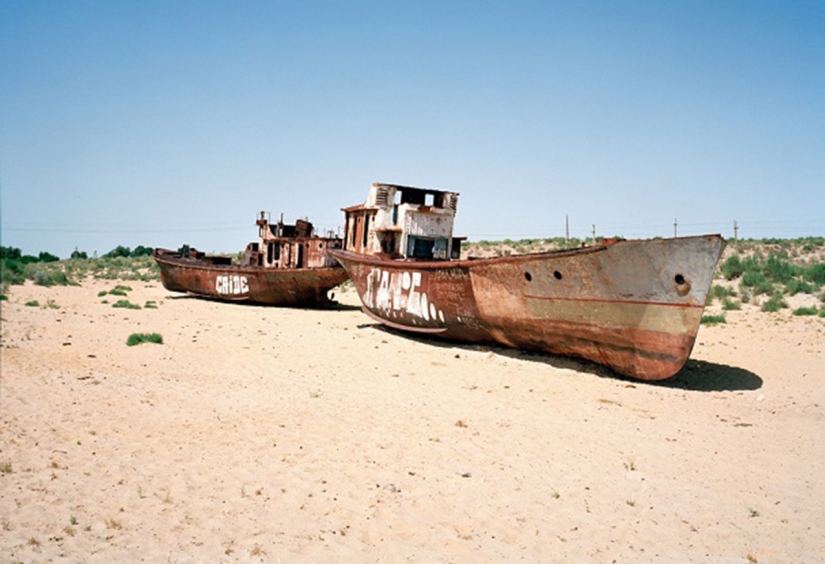
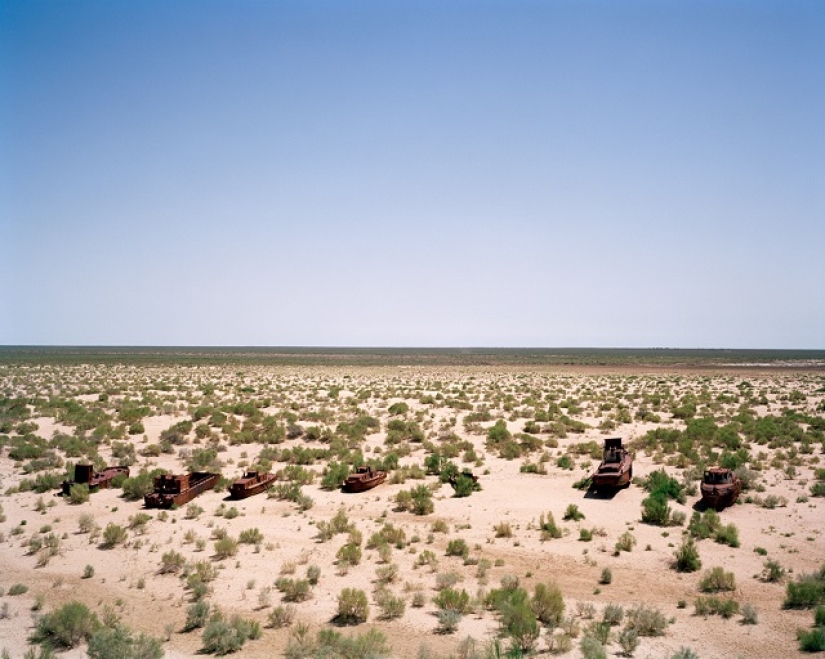
The history of Uzbekistan is a curious mixture of the Soviet past and Islamic culture. It is the most populated country in Central Asia, and for the last 26 years it has been an authoritarian republic. There are no protests in Uzbekistan and there is no opposition as such. In fact, no one discusses politics unless it is to praise the authorities for stability compared to neighboring countries, such as Afghanistan. But in fact, the ruling circles use the topic of the fight against terror as an argument to shut up the discontented.
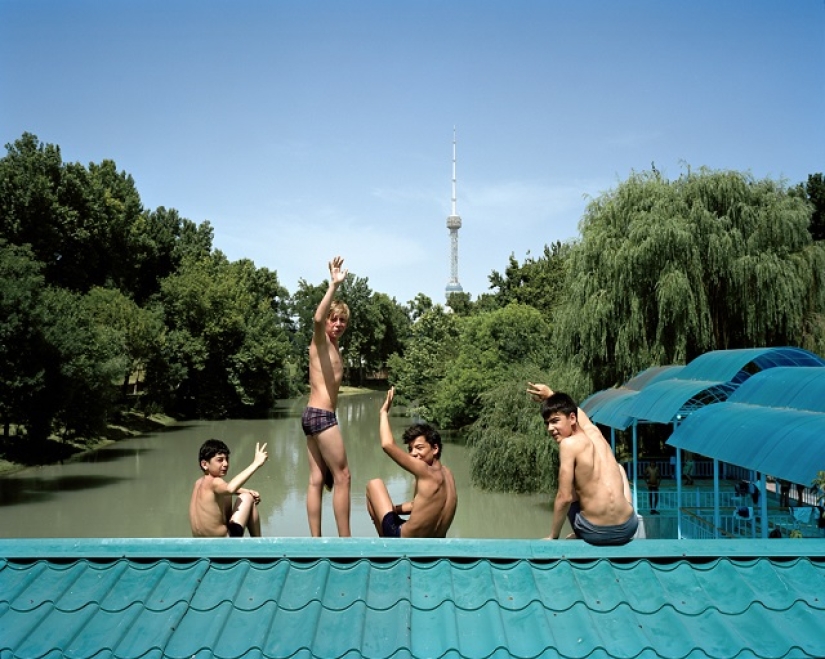
Even nature is subject to the whims of the regime. In cities, men and women are sent to cut grass under the scorching sun. Despite the arid climate, Uzbekistan is surprisingly green and numerous cotton fields can be seen along the roads.
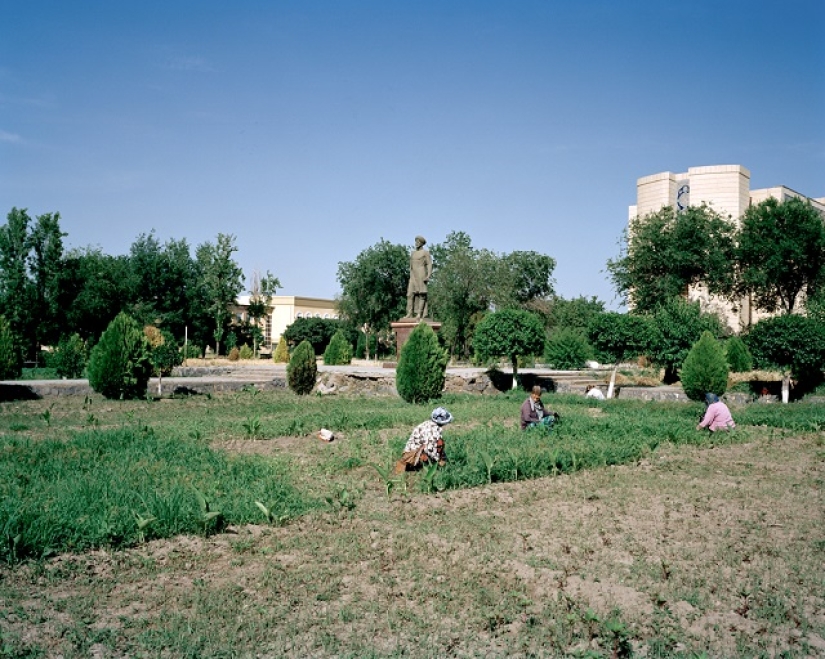
In the 60s, the Soviet authorities decided to turn Uzbekistan into a cotton paradise. Irrigation canals were built. Until now, through these channels, water from the two largest rivers of the country — the Syr Darya and the Amu Darya — enters cotton fields and irrigates unusually green landscapes.
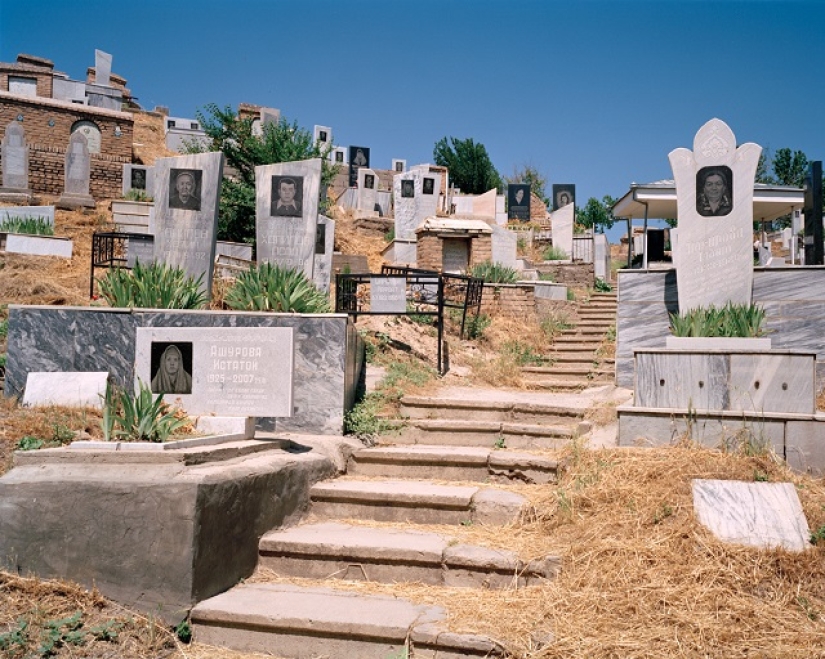
The decision to grow cotton in a place not suitable for this crop is the reason for the gradual disappearance of the Aral Sea. It was once the fourth largest lake in the world, and now it has almost completely disappeared.
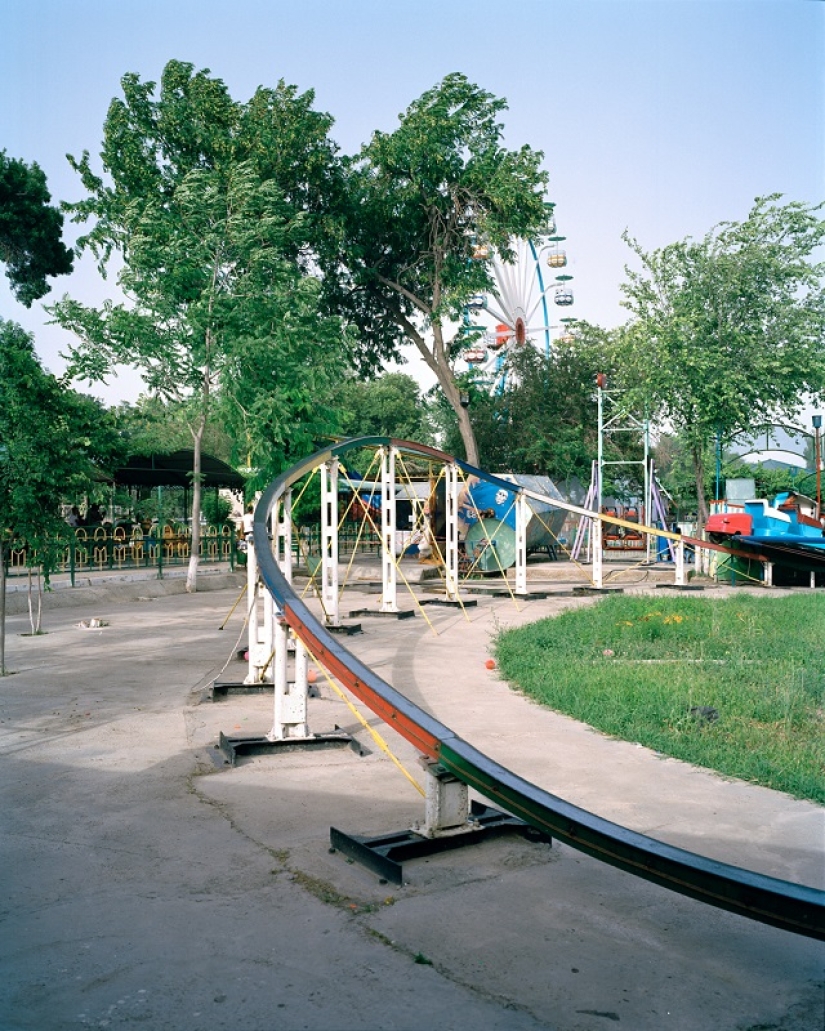
Moynak, once a port city, is now more than 200 kilometers from the receding coastline. What remains of the Aral Sea is poisonous to animals, and the reduction of water reserves has affected the local climate: in winter temperatures drop to values comparable to those of Siberia, and in summer there is unbearable heat.
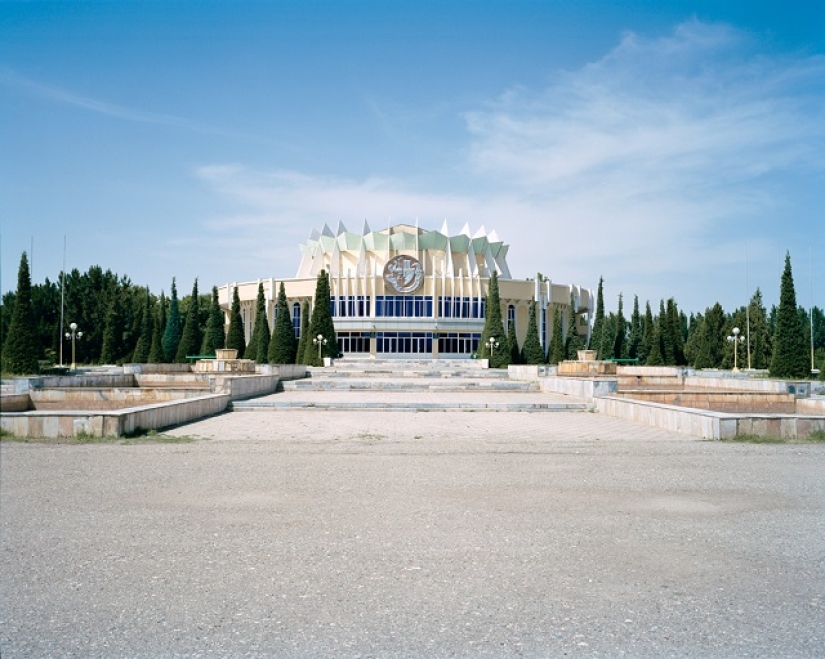
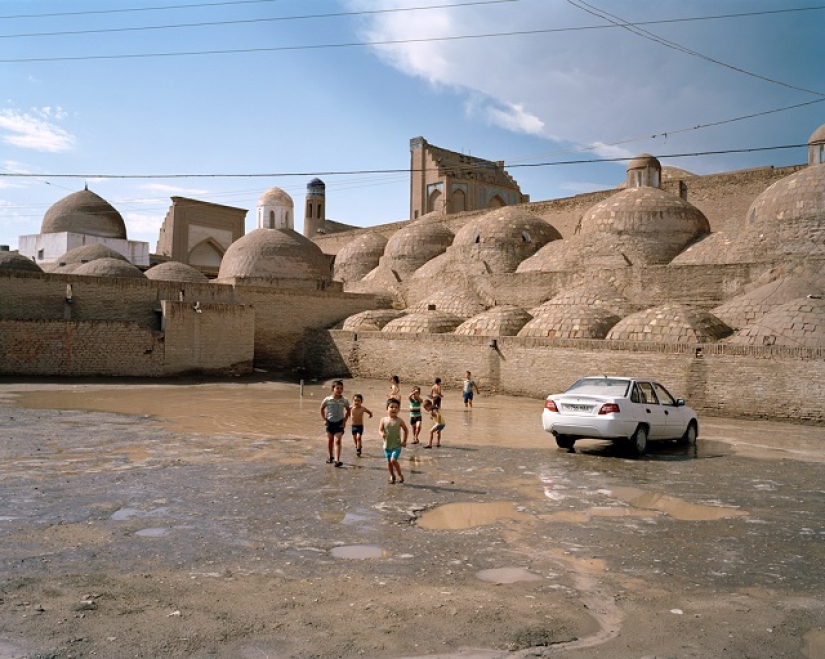
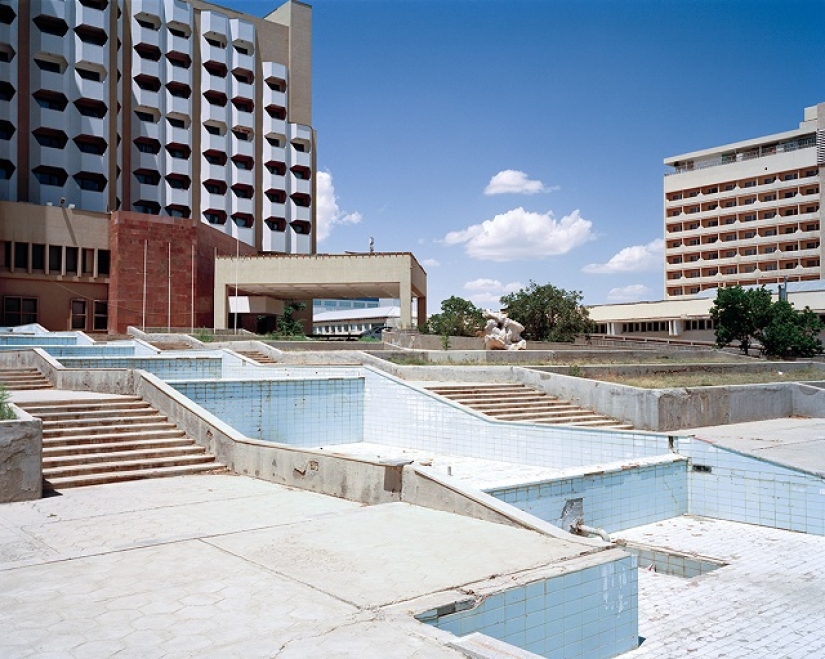
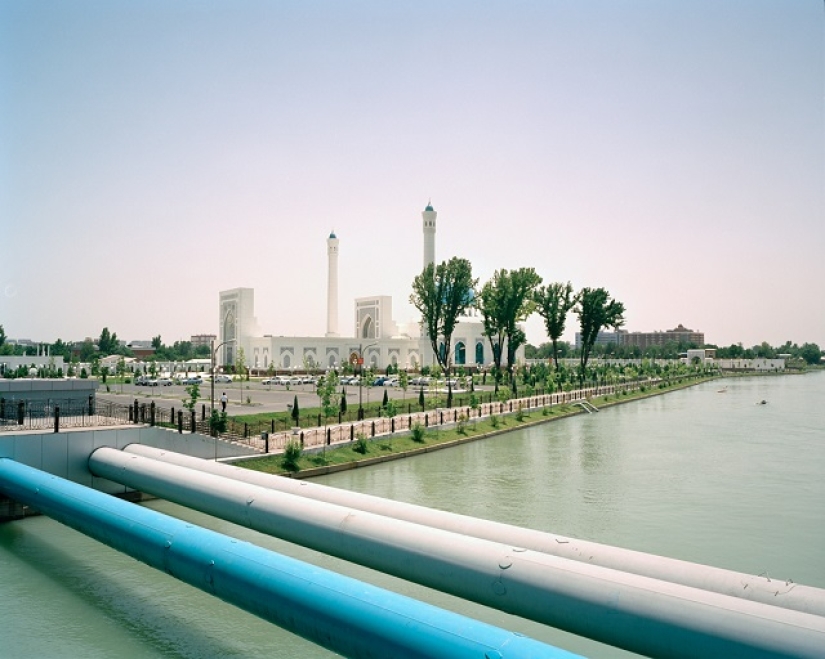
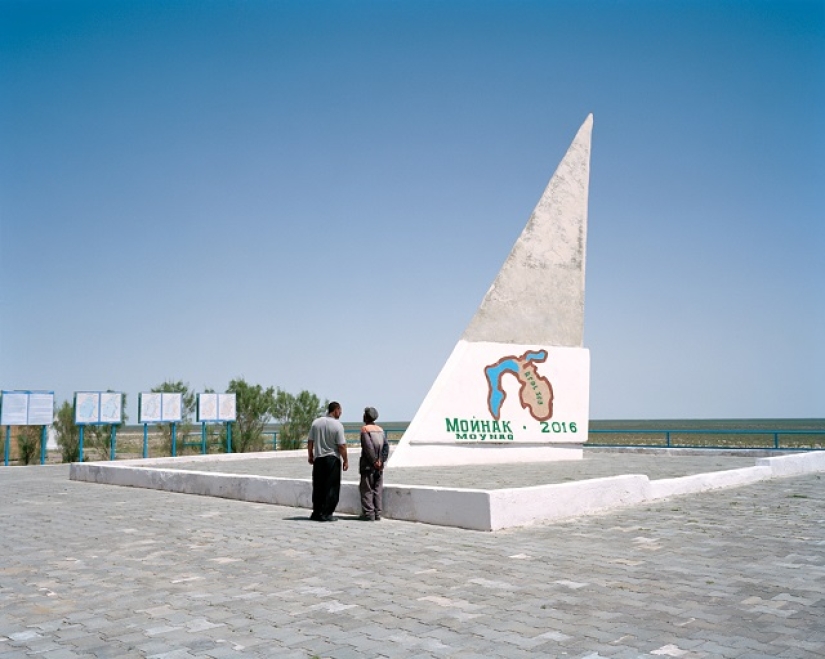
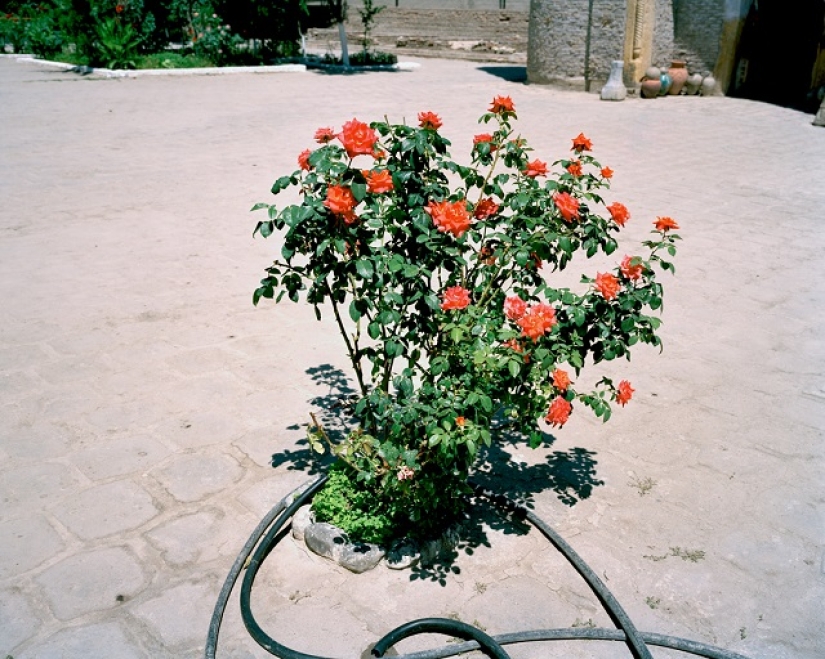
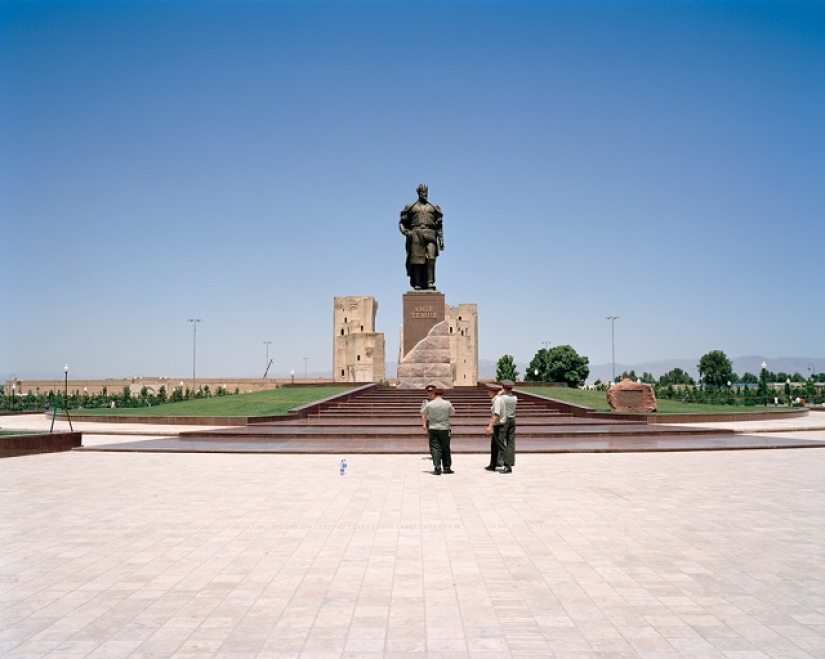
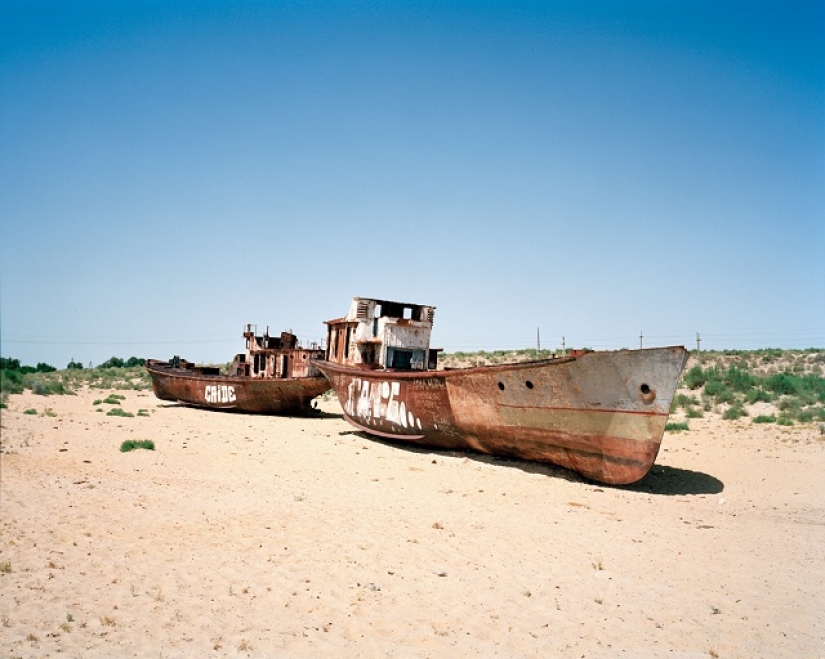
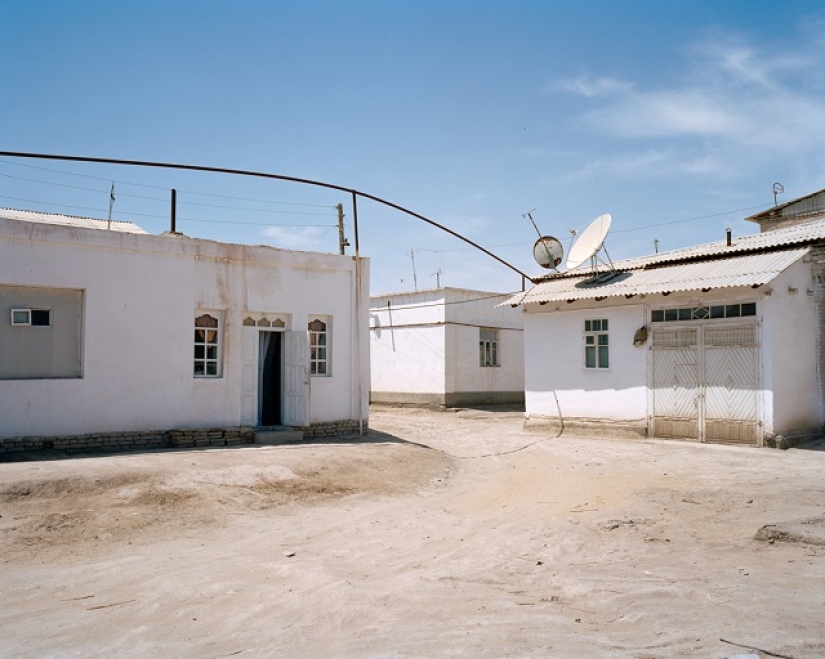
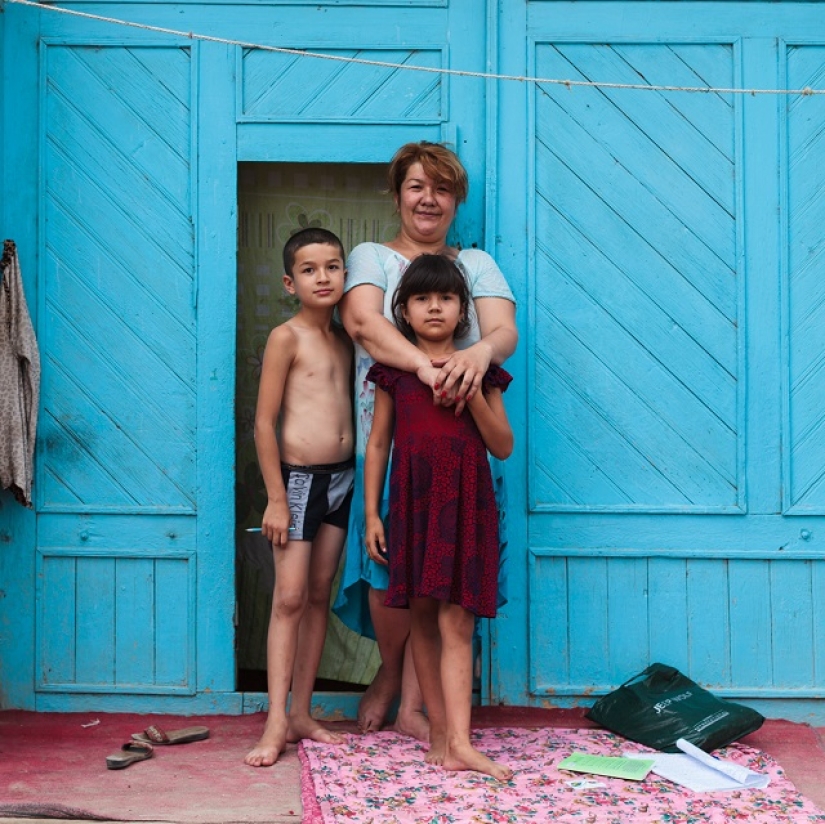
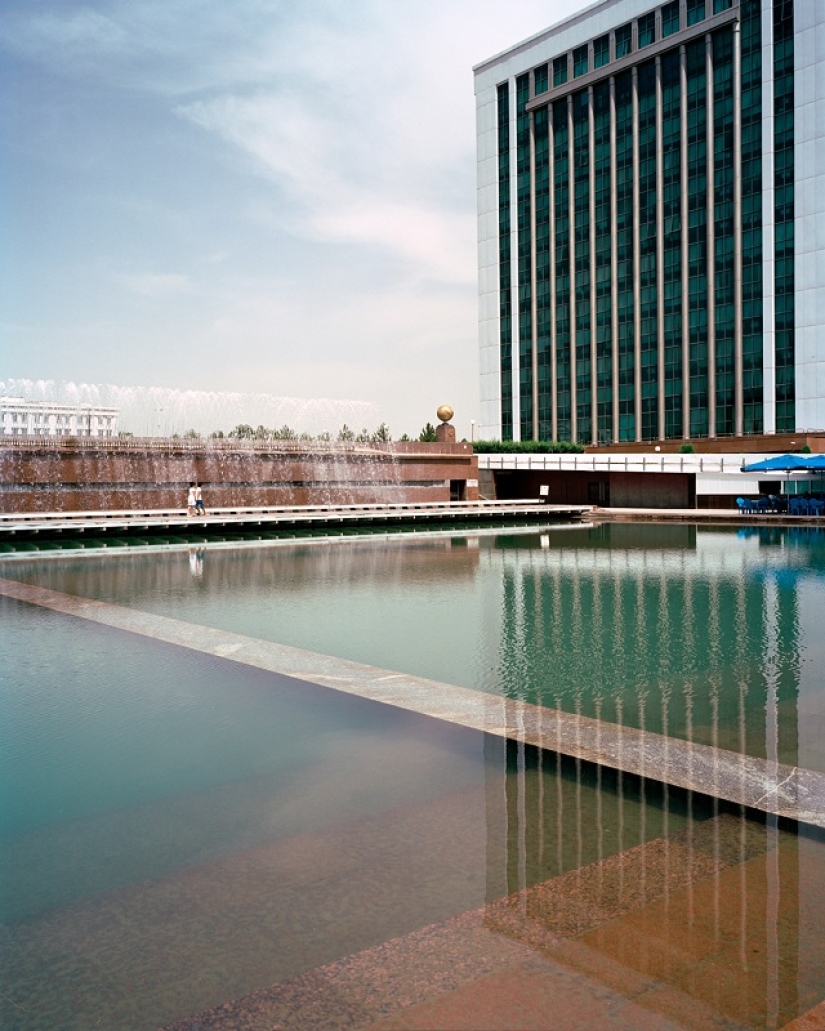

Keywords: Great Britain | Reservoir | Climate | Desert | Uzbekistan | Photographer | Cotton
Post News ArticleRecent articles

It's high time to admit that this whole hipster idea has gone too far. The concept has become so popular that even restaurants have ...

There is a perception that people only use 10% of their brain potential. But the heroes of our review, apparently, found a way to ...
Related articles

In the color portraits of the 1870s, colored by the colorization expert Tom Marshall, children look at the lens too severely and ...

To promote preservation of ecology of planet Earth is not as difficult as it seems. We offer you 20 simple ways to feel involved in ...

Badyaga (or bodyaga, which is also correct) is a well-known remedy for bruises for many generations. It is difficult to ...

New Year's is a time to surprise and delight loved ones not only with gifts but also with a unique presentation of the holiday ...